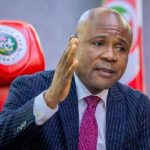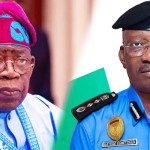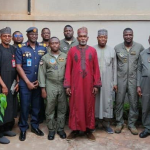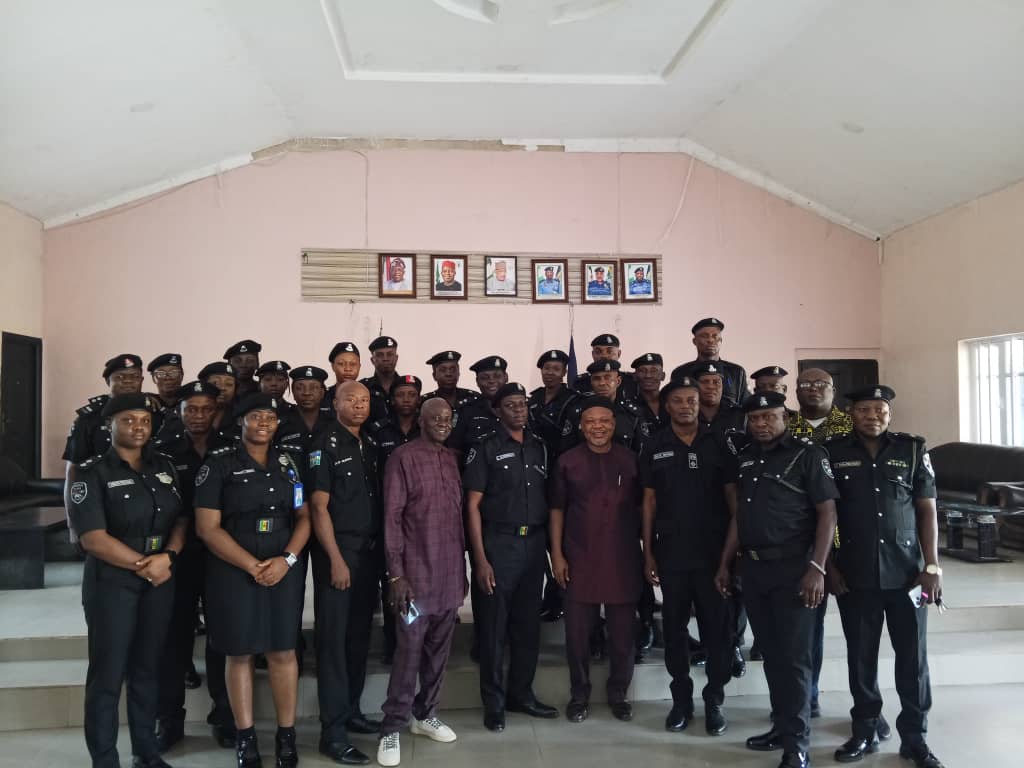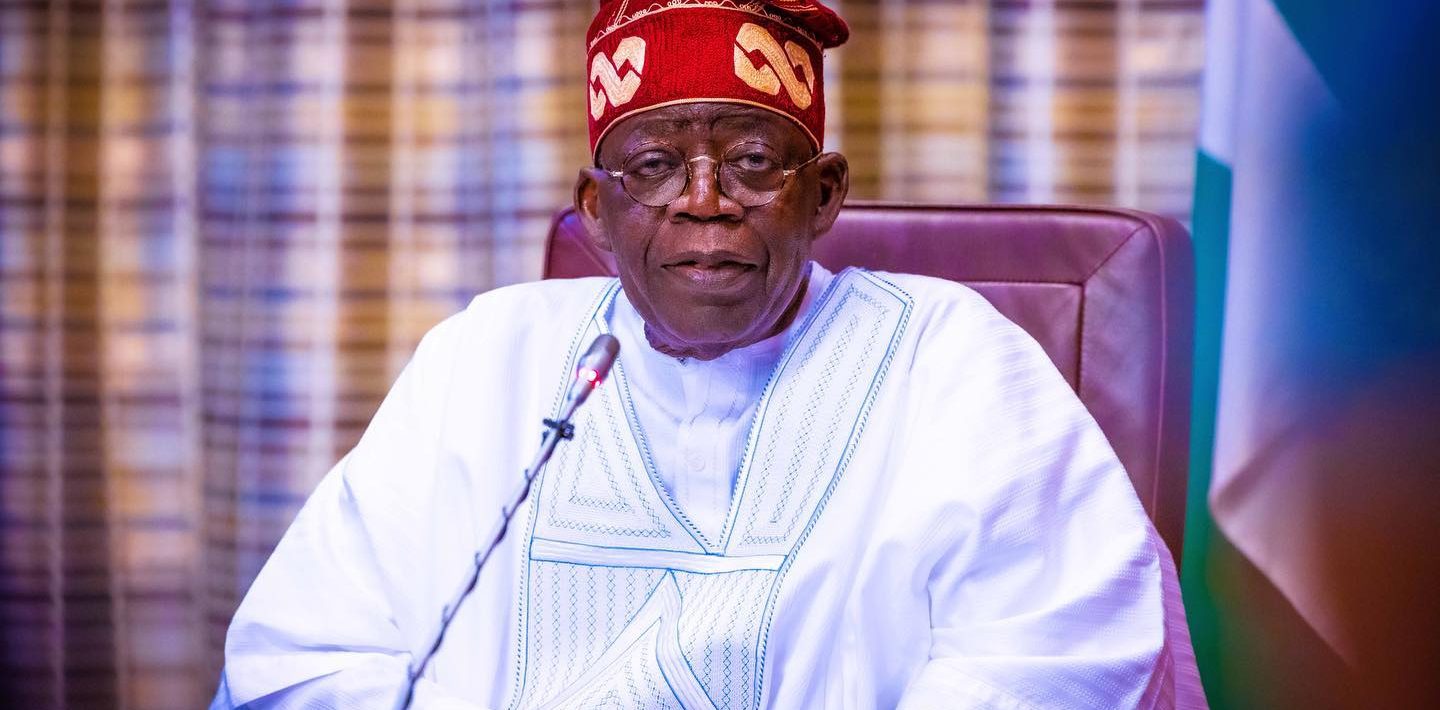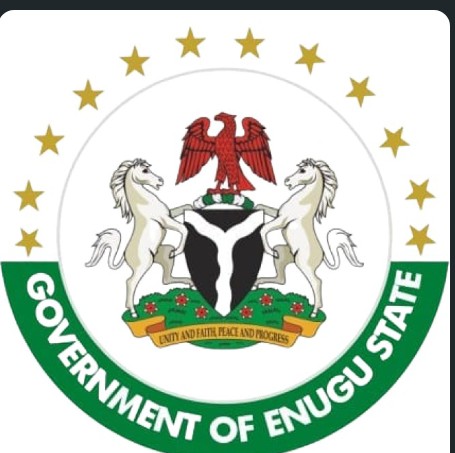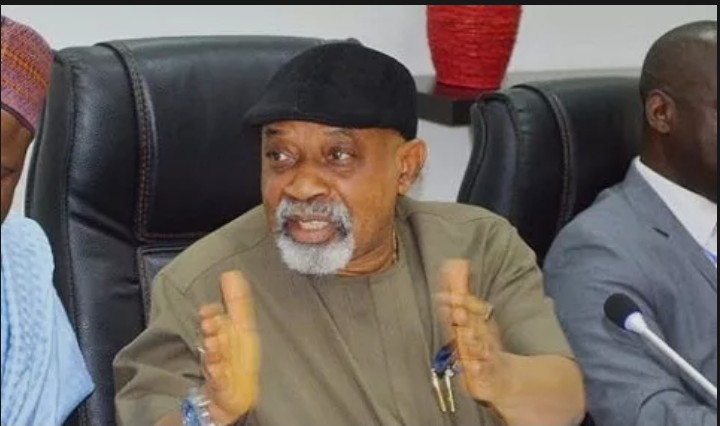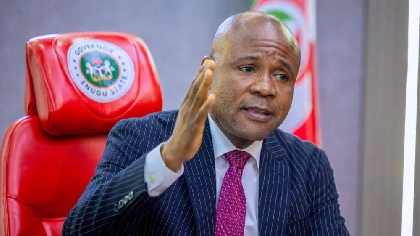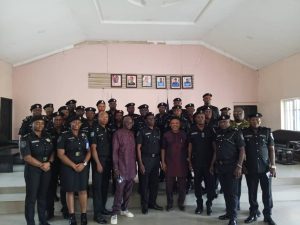

Wilfred Chukwuma- Enugu
NGO Leads Advocacy for Effective Policing, Respect for Culture, Human Dignity
The Citizens Centre for Integrated Development and Social Rights (CCIDESOR), an NGO, has advocated effective policing built on trust, legality, respect for culture and human dignity.
Dr Emeka Ononamadu, Executive Director of CCIDESOR, made the call on Sunday in Enugu in a statement titled: Policy Brief (September 2025 Series), which was themed: “Promoting Trust through Deeper Understanding of Law, Culture and Human Rights by Police and Communities.”
The statement was a fall out of Mutual Accountability Fora Engagements between the Police and Community Dwellers in some communities in Abia and Enugu States in South-East and other communities in other zones of the country.
The engagements was carried out by CCIDESOR in partnership with International Alert with support from the Foreign, Commonwealth and Development Office (FCDO) under the Nigeria Police Force Reform Initiative III.
Ononamadu noted that trust between the Nigeria Police Force and the citizens cannot be legislated — it must be cultivated through mutual respect, lawful conduct, cultural empathy and commitment to human rights.
According to him, the ongoing partnership between CCIDESOR, International Alert, and FCDO has shown that progress is possible when communities and police meet as partners, not adversaries.
“By deepening understanding of law, culture and human rights, Nigeria can strengthen public confidence in law enforcement and move closer to a policing model rooted in justice, compassion and shared responsibility,” he said.
The executive director also recommended that the Nigeria Police Force (NPF) should institutionalise human rights and cultural intelligence training for all officers, from recruits to senior ranks.
He said, “The NPF should integrate Mutual Accountability and Scorecard Dialogues into divisional operations nationwide as well as strengthen internal discipline and complaint response mechanisms, ensuring zero tolerance for extortion, intimidation or torture.
“Recognise traditional rulers and Community Policing Forums (CPFs) as lawful partners in crime prevention and local peace-building as well as encourage regular community consultations to explain police actions, gather feedback and promote transparency.”
Ononamadu also recommended that the Federal and state governments should invest in human rights education and legal literacy programmes for both police officers and citizens.
“Support full implementation of the Police Act (as amended) and the Anti-Torture Act (2017) as well as provide funding for continuous police training in lawful investigation, Alternative Dispute Resolution (ADR) and community-based conflict resolution.
“Strengthen oversight institutions such as the Police Service Commission and National Human Rights Commission,” he said.
He called on civil society and the media to facilitate balanced reporting that highlights community grievances and police reform efforts as well as support awareness campaigns on citizens’ rights, police powers and responsibilities.
“The civil society and the media should encourage continuous dialogue between communities and the police through advocacy and civic education as well as monitor and document best practices in community policing for replication nationwide,” he said.
Ononamadu recommended that the communities and traditional institutions should engage constructively with the police through established CPFs and accountability forums as well as promote respect for lawful authority while demanding professionalism and fairness.
“They should discourage mob justice and vigilante excesses, channeling complaints through recognised mechanisms as well as collaborate with police to protect vulnerable groups, including women, youths and persons with disabilities,” he added.
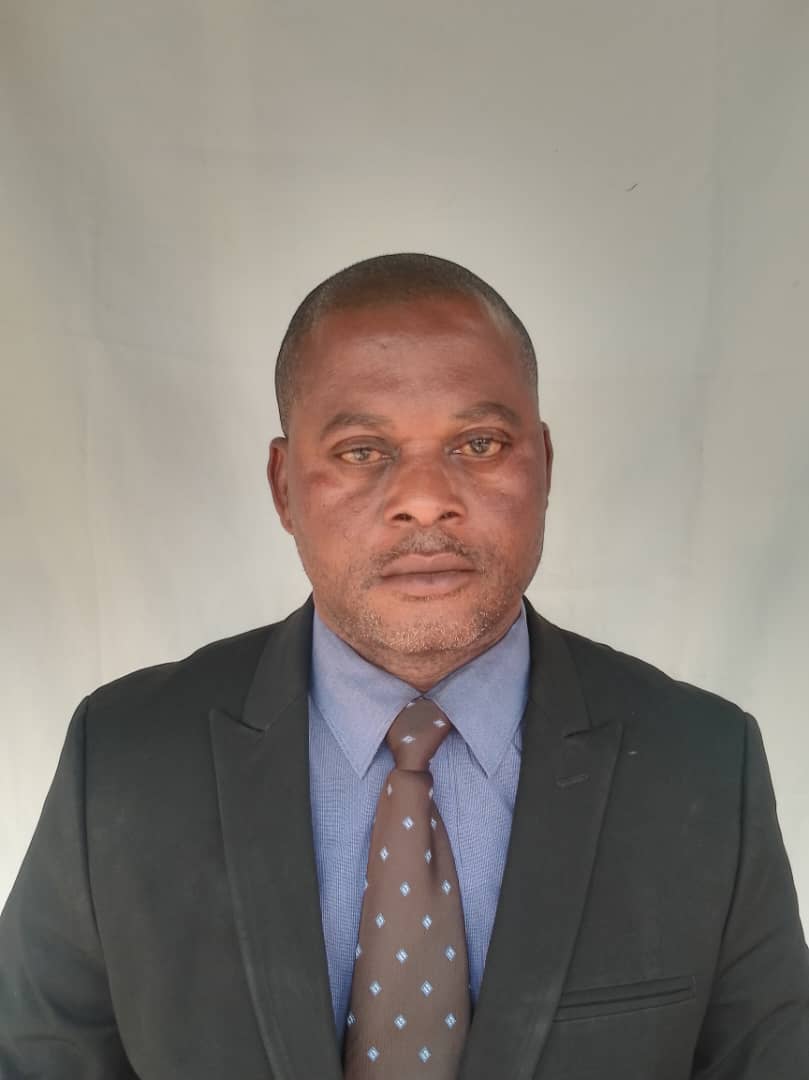
EDITOR
Sam Udekwe is a journalist working in the News and Current Affairs department, Enugu State Broadcasting Service (ESBS) Enugu. He is well trained in all genres of journalistic venture.
Mr Sam read Mass Communication, graduating all with Distinction in National Diploma, Higher National Diploma and Postgraduate Diploma at IMT, Enugu and Madonna University, Okija, Anambra state, as well as M.Sc Mass Communication with Second Class(Upper Division) at National Open University of Nigeria.
He is the immediate past NUJ Chairman, Enugu state.
samowailo@gmail.com




